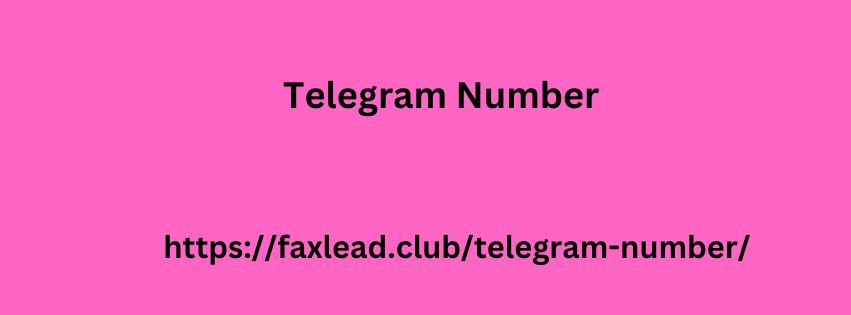Statistical Concepts- Probability distributions: Normal, binomial, Poisson, etc.
- Hypothesis testing: T-test, ANOVA, Chi-square test
- Correlation and regression: Simple and multiple regression
- Time series analysis: Forecasting methods (ARIMA, exponential smoothing)
Data Cleaning and Preparation- Missing data handling: Imputation techniques
- Outlier detection and handling: Methods to identify and treat outliers
- Data normalization and standardization: Techniques to scale data
- Data transformation: Log transformations, etc.
Data Visualization- Choosing appropriate visualizations: Bar charts, line charts, scatter plots, histograms, etc.
- Data storytelling: Effectively Telegram Number communicating insights through visualizations
- Using tools like: Tableau, Power BI, Excel, Python (Matplotlib, Seaborn)
SQL- Basic queries: SELECT, FROM, WHERE, GROUP BY, HAVING, ORDER BY
- Joins: Inner, left, right, outer joins
- Subqueries and correlated subqueries
- Aggregation functions: COUNT, SUM, AVG, MIN, MAX
Python for Data Analysis- Libraries: NumPy, Pandas, Matplotlib, Seaborn, Scikit-learn
- Data manipulation and analysis
- Machine learning concepts: Classification, regression, clustering
Business Understanding- Interpreting data in a business context
- Identifying key metrics and KPIs
- Communicating findings to stakeholders
Example Questions:- How would you handle a dataset with a large number of missing values?
- Explain the difference between correlation and causation.
- What is the purpose of data normalization?
- Write a SQL query to find the top 5 customers by total sales.
- Describe the steps involved in building a regression model.
- What is the bias-variance trade-off in machine learning?
- How would you visualize the distribution of a categorical variable?

Practice resources: - Online courses: Coursera, edX, Udemy
- Books: "Python for Data Analysis" by Wes McKinney, "Data Analysis with Python" by Jake VanderPlas
- Practice problems: HackerRank, LeetCode, Kaggle
Remember: The key to success in a data analyst exam is a strong understanding of the underlying concepts and the ability to apply them to real-world problems.
|